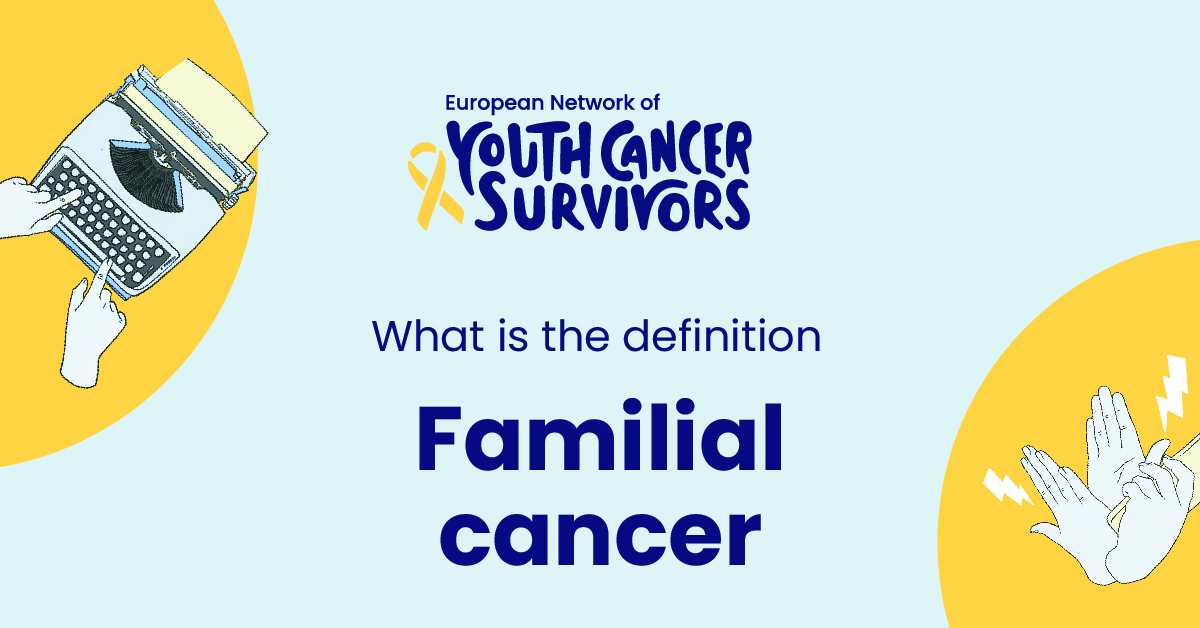
Familial cancer, a term that may sound unfamiliar to some, is an important area of study in the medical field. This article seeks to demystify the concept of familial cancer, its implications, and how it features in the broader context of cancer as a whole.
Understanding Cancer
Definition of Cancer
Cancer is a general term for a broad group of diseases characterized by the uncontrolled growth and spread of abnormal cells. The body is constantly creating new cells to replace those that have died or become old. Sometimes, however, this process goes wrong and cells begin to grow out of control, creating a mass known as a tumor or cancerous growth.
Types of Cancer
There are over 100 types of cancer identified to date, categorized based on the organ or tissue where they originate. They include but are not limited to, breast cancer, lung cancer, prostate cancer, colon cancer, skin cancer, and lymphoma.
Causes of Cancer
Cancer can be caused by both genetic factors and environmental factors. This includes exposure to certain harmful chemicals and substances, lifestyle choices such as smoking, diet, and sun exposure, and certain types and amounts of infections and diseases.
Deep Dive into Familial Cancer
Definition of Familial Cancer
Familial cancer refers to cases where a higher than expected number of cancer cases occur among family members. Some families have a genetic predisposition to specific types of cancer due to inherited gene mutations, which can significantly increase the risk of developing cancer.
Differences between Familial Cancer and Sporadic Cancer
A major difference between familial and sporadic cancer lies in their causes. While sporadic cancers occur due to gene mutations accumulated over a person’s lifetime, familial cancers result from a specific hereditary predisposition due to gene mutations that have been inherited from parents.
Statistics on Familial Cancer
Both the incidence and mortality of familial cancers are significant. In the US, familial cancers account for approximately 5-10% of all cancer cases.
Get to know us better
If you are reading this, you are in the right place – we do not care who you are and what you do, press the button and follow discussions live

Genetics and Familial Cancer
Role of Genetics in Familial Cancer
In familial cancer, specific mutations in certain genes are passed down through generations, increasing the likelihood of developing certain types of cancer. These mutations can be present in every cell of the body, and although they do not guarantee the development of cancer, they significantly elevate the risk.
Common Familial Cancer Syndromes
There are several well-known familial cancer syndromes, such as Hereditary Breast and Ovarian Cancer syndrome (associated with alterations in the BRCA1 and BRCA2 genes), Lynch Syndrome (linked to increased risks of colorectal and other types of cancer), and Familial Adenomatous Polyposis (gene mutation leads to increased likelihood of colorectal cancer).
Genetic testing for Familial Cancer
Genetic testing can identify inherited mutations and help assess a person’s risk of developing familial cancer. It involves blood or saliva tests to look for specific changes in genes, chromosomes, or proteins that indicate a genetic mutation linked to cancer.
Screening and Diagnosis of Familial Cancer
Diagnosis process for Familial Cancer
Familial cancer is diagnosed using a combination of family history assessment, genetic testing, and targeted medical examinations when a particular familial cancer syndrome is suspected.
Available Screening Methodologies
Screening for familial cancer depends on the specific syndrome and can include routine examinations, imaging studies, or molecular tests. For example, for hereditary breast and ovarian cancer, mammography, or breast MRI may be recommended.
Psychological effects of Diagnosis
A diagnosis of familial cancer can exert a significant psychological impact, inducing anxiety about developing cancer or passing the mutation to children. However, counseling and familial cancer support groups can provide valuable emotional and psychological support.
Treatment and Prevention of Familial Cancer
Treatment options for Familial Cancer
The course of treatment depends on the type of cancer and individual case, but may include surgery, radiation therapy, chemotherapy, targeted therapy, or a combination of these.
Prevention Strategies
Preventive measures include behavior modifications and proactive medical interventions. Regular physical activity, a balanced diet, avoiding carcinogenic substances, and regular screenings can reduce the risk.
Coping and living with Familial Cancer
Living with a familial cancer diagnosis or predisposition can be challenging. However, counseling, support from loved ones, and stress management techniques can make managing this journey easier.
Conclusion
Understanding familial cancer is equally important as knowing sporadic cancer. It’s essential to remember that carrying a gene mutation that increases cancer risk doesn’t guarantee a cancer diagnosis. Early detection, proactive management, communication, and emotional support are key in managing familial cancer.
The article has addressed several questions on the role of genetics in familial cancer, common syndromes, genetic testing, treatment options, and the psychosocial impact of a familial cancer diagnosis. By bringing this knowledge into the light, we can work to demystify familial cancer and ultimately bolster the fight against this pervasive disease.
FAQ
1. What is familial cancer, and how does it differ from sporadic or non-familial cancer?
Familial cancer refers to a situation in which certain types of cancer appear to run in families due to a shared genetic predisposition. Unlike sporadic or non-familial cancer, where the risk is primarily influenced by environmental factors and random genetic mutations, familial cancer indicates that there is an inherited genetic susceptibility within the family that increases the risk of developing specific cancers.
2. What are some common signs that a family may have a hereditary predisposition to cancer?
Common signs that a family may have a hereditary predisposition to cancer include:
- Multiple family members with the same or related types of cancer.
- Cancer diagnoses occurring at a younger age than usual for that cancer type.
- Multiple primary cancers in the same individual.
- Certain rare or uncommon cancer types occurring within the family.
These signs may indicate the presence of a hereditary cancer syndrome and warrant further genetic testing and evaluation.
3. What are hereditary cancer syndromes, and what are some well-known examples?
Hereditary cancer syndromes are genetic conditions that significantly increase an individual’s risk of developing specific types of cancer. Well-known examples of hereditary cancer syndromes include:
- BRCA1 and BRCA2 mutations: These mutations increase the risk of breast, ovarian, and certain other cancers.
- Lynch syndrome (hereditary nonpolyposis colorectal cancer or HNPCC): It predisposes individuals to colorectal cancer and other cancers, including endometrial, ovarian, and stomach cancers.
- Familial adenomatous polyposis (FAP): This syndrome leads to numerous colorectal polyps and a high risk of colorectal cancer.
- Li-Fraumeni syndrome: It increases the risk of several cancer types, including breast cancer, soft tissue sarcoma, and brain tumors.
- Cowden syndrome: This syndrome raises the risk of breast, thyroid, and endometrial cancers.
4. How is familial cancer diagnosed, and what steps should individuals with a family history of cancer take to assess their risk?
Familial cancer is typically diagnosed through a combination of family history assessment, genetic counseling, and genetic testing. Individuals with a family history of cancer should:
- Gather detailed information about family cancer history, including the types of cancer, age at diagnosis, and any known genetic testing results within the family.
- Consult with a genetic counselor or healthcare provider for a risk assessment based on the family history.
- Consider genetic testing if indicated by the assessment, as it can identify specific genetic mutations that increase cancer risk.
- Develop a personalized cancer risk management plan, which may include increased surveillance, preventive measures, or prophylactic surgeries depending on the individual’s risk and the identified mutation.
5. What are some preventive measures and risk-reduction strategies for individuals with a hereditary predisposition to cancer?
Preventive measures and risk-reduction strategies for individuals with a hereditary predisposition to cancer may include:
- Regular cancer screenings and surveillance tailored to the specific cancer risk associated with the genetic mutation.
- Prophylactic surgeries, such as mastectomy or oophorectomy, to reduce the risk of breast or ovarian cancer in high-risk individuals.
- Lifestyle modifications, including maintaining a healthy diet, regular exercise, and avoiding smoking and excessive alcohol consumption.
- Chemoprevention, which involves using medications to lower cancer risk in certain cases.
- Continued genetic counseling and staying informed about advancements in cancer risk management and treatment options.
These strategies aim to detect cancer at an earlier, more treatable stage or reduce the risk of developing cancer altogether in high-risk individuals.






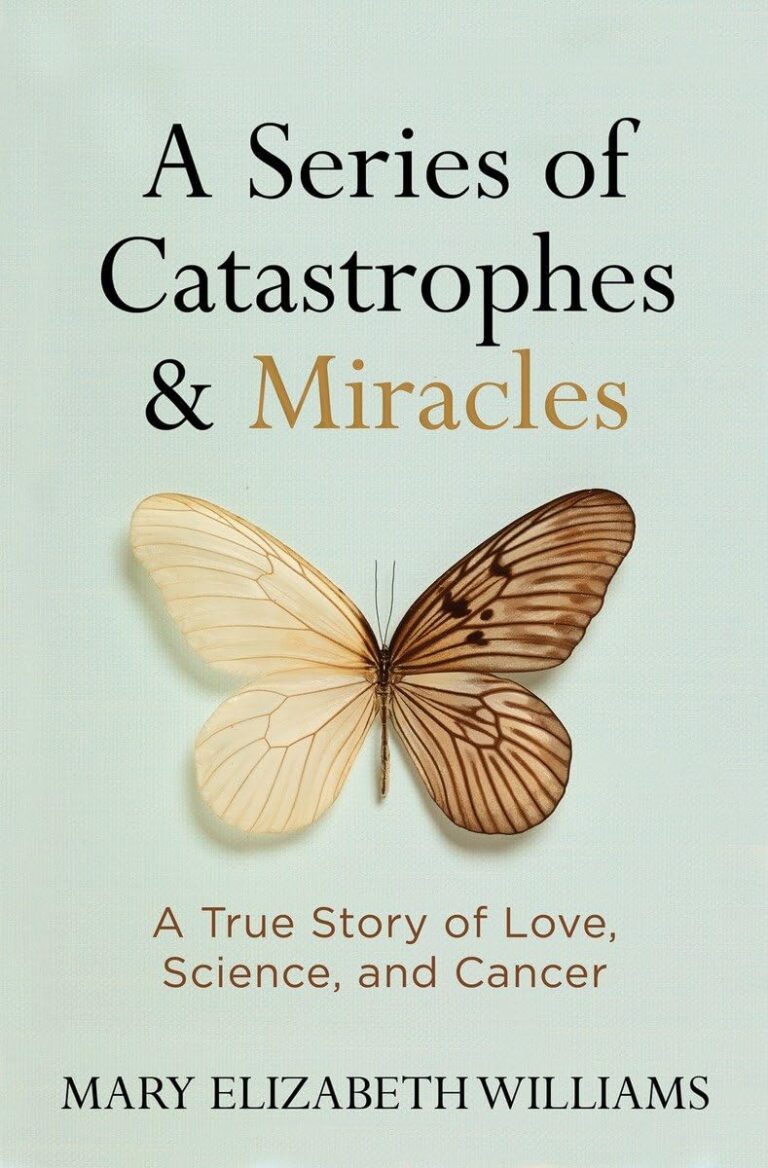
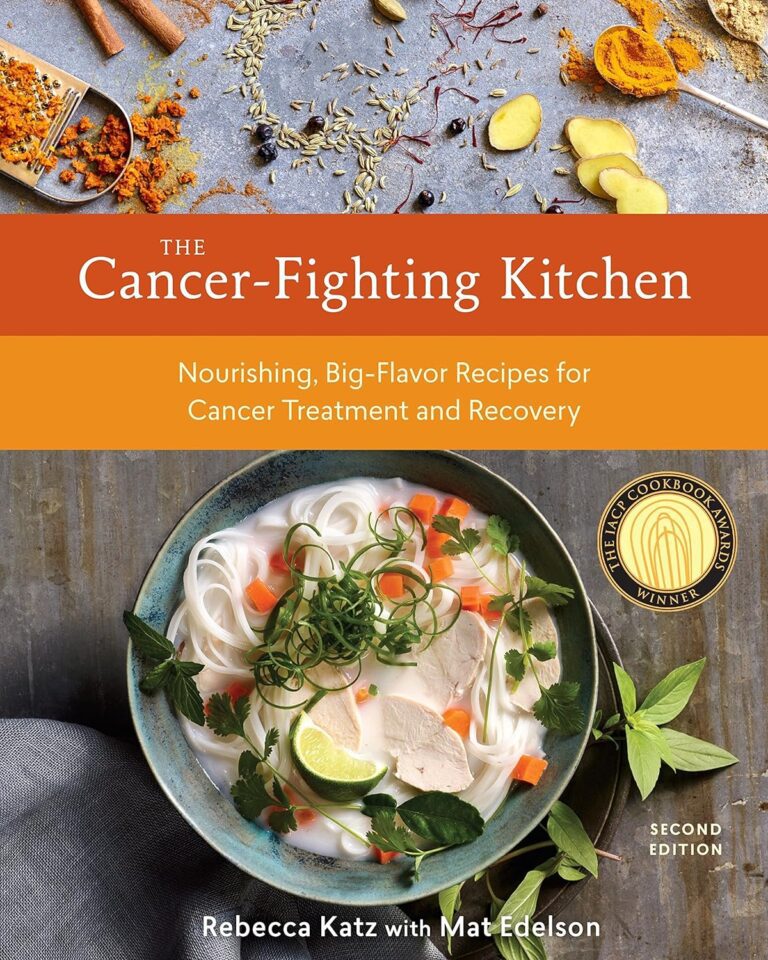


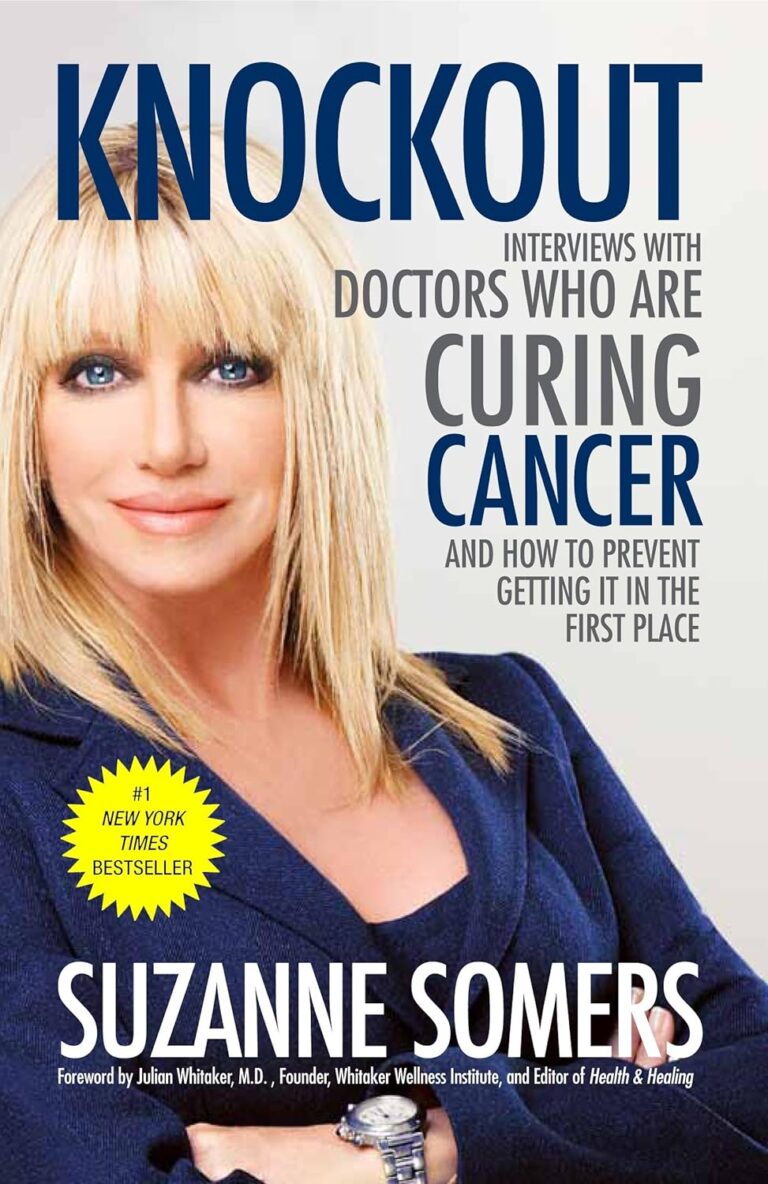


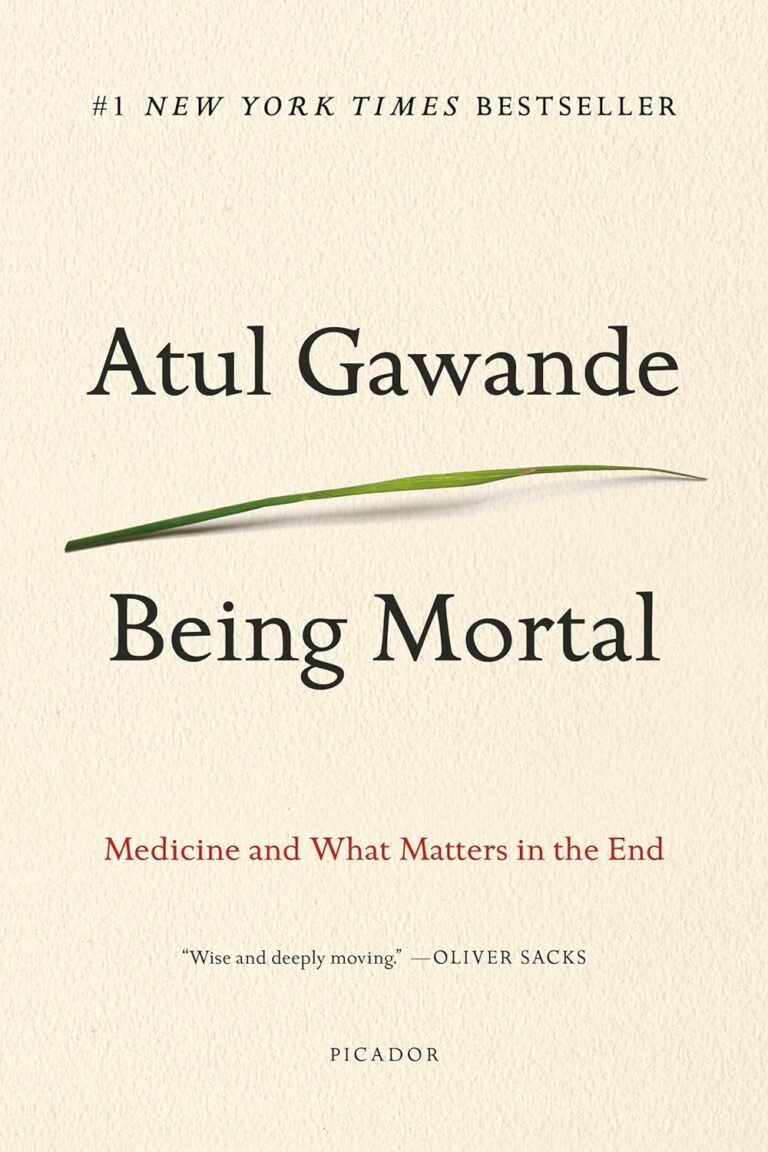
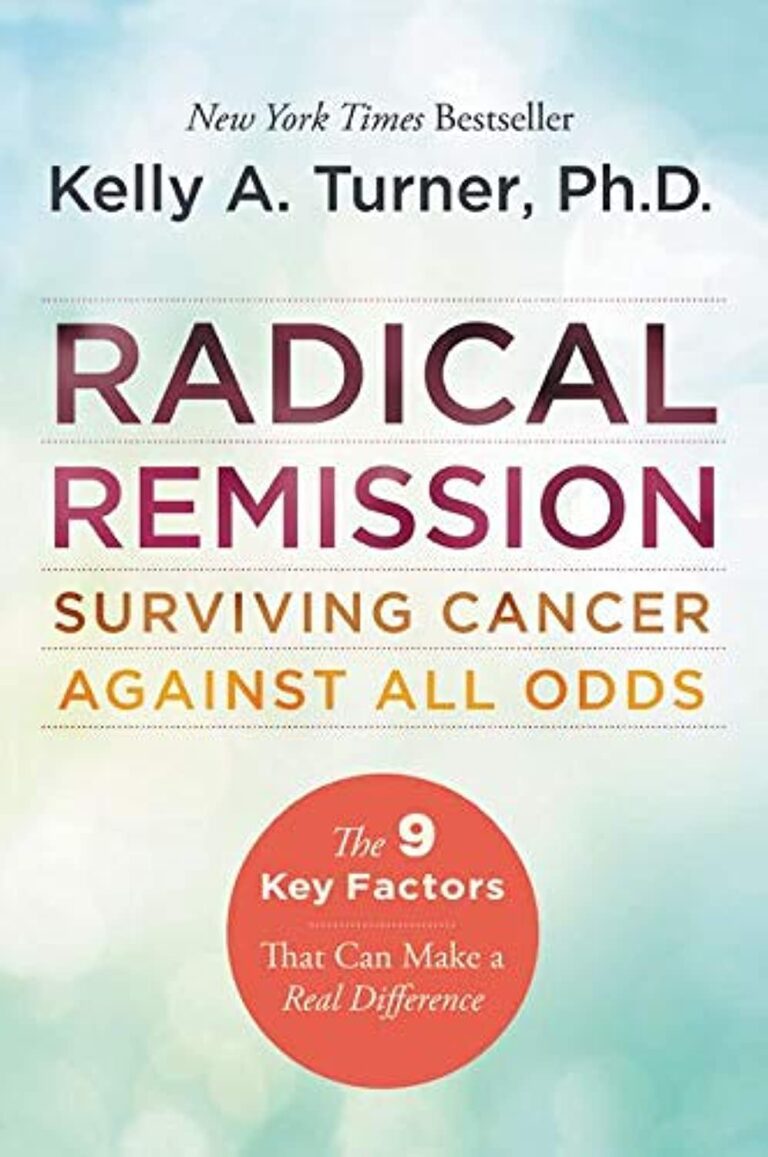


Comments
Thank you. Comment sent for approval.
Something is wrong, try again later